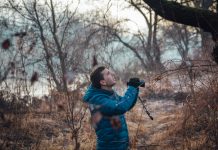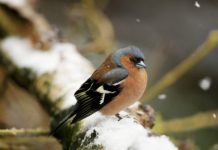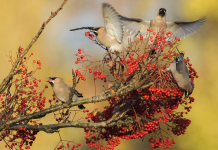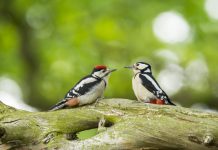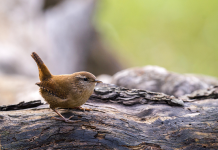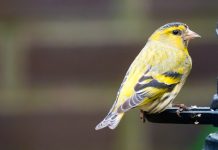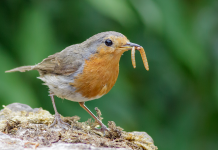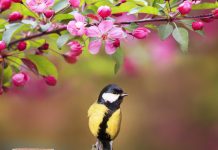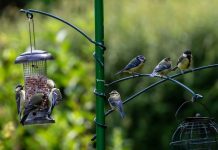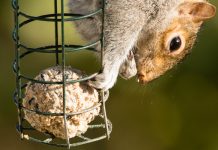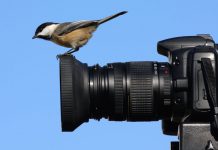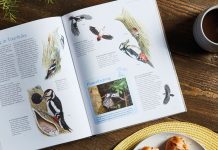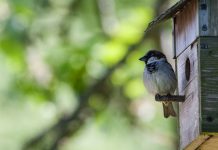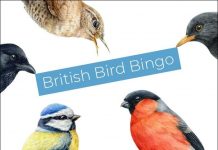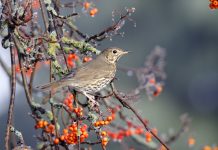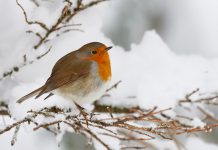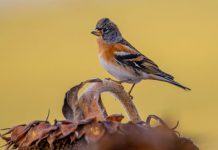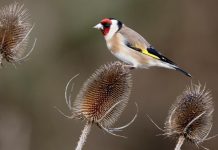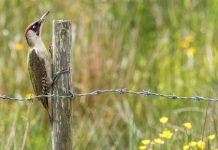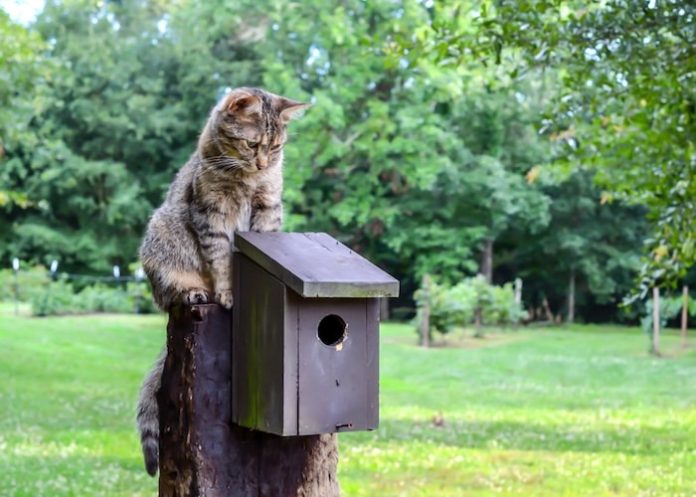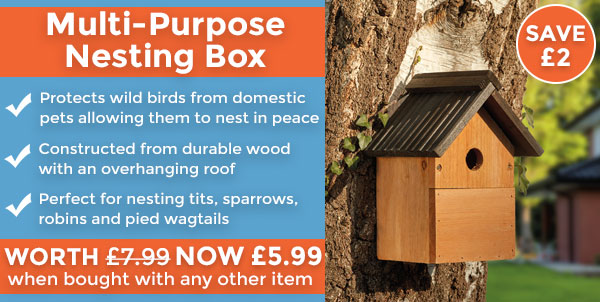The melodious chirping of birds in our gardens is a source of joy and tranquillity. From the dazzling flash of a goldfinch to the elegant presence of a robin, every bird contributes to the rich tapestry of garden life. As well as their visual and auditory allure, garden birds provide essential ecological benefits including feasting on unwanted garden insects, helping with seed dispersal and even pollinating flowers.
But how do you welcome wild birds to your garden while keeping them safe from cats and dogs? We asked the team at Brent Lodge Wildlife Hospital for expert tips on protecting our feathered friends from pet-related injury and distress. A wonderful organisation that treats, cares for and rehabilitates wild birds when accidents happen, here’s their professional advice for pet-owners.
Five best ways to keep garden birds safe from cats and dogs
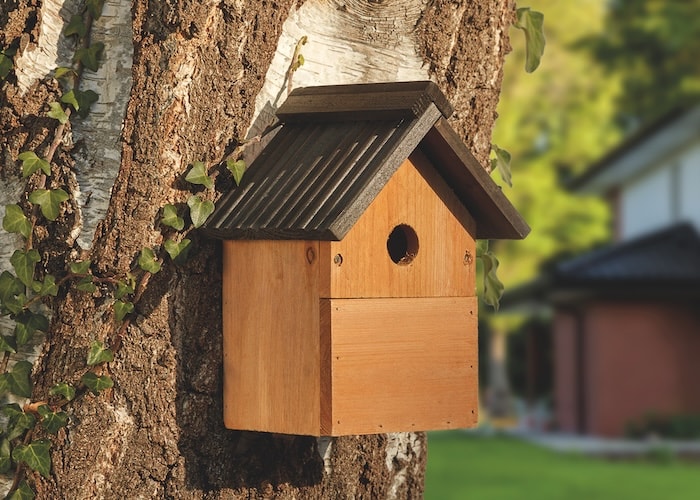
Image: Multi-Purpose Nesting Box from Happy Beaks
Cats are natural hunters which means they will see birds as potential prey, regardless of how well-fed they are. Dogs, on the other hand, can inadvertently harm birds through their playful behaviours, viewing them as potential toys or things to chase. The team at Brent Lodge Wildlife Hospital suggest the following tips to safeguard birds in your garden:
- Keep cats indoors, or supervise them where possible
Although it sounds obvious, one of the most effective ways to prevent cats from injuring birds is to keep them indoors or monitor their outdoor activities, especially at certain times of the year when birds are nesting or raising young (March-July). - Use bird-friendly collars
For outdoor cats, consider using bird-friendly collars or harnesses. These collars typically come in bright colours and have a bell that jingles with movement, alerting birds to the cat’s presence. - Create safe-zones
Designating outdoor areas where your pets are not allowed creates ‘safe zones’ for all wildlife, providing them with a sanctuary in which to safely feed, nest and roost in peace. - Practice specific pet training
Particularly with dogs, specific training can be extremely helpful in preventing bird-related injuries. Training your dog to respond to commands such as “leave it” or “stay” when birds are around will help you to maintain control in all situations. - Create a safe, bird-friendly garden layout
Your garden’s layout can play a significant role in preventing bird injuries. Consider the following garden design tips:
- Provide shelter and cover by planting shrubs and trees. Find suggestions for the best plants and flowers to attract birds here.
- Place bird feeders at least 6-10 feet away from places where cats might hide and spring out from.
- Install high quality bird houses in areas that are inaccessible to cats and dogs so birds can nest in peace. See Happy Beaks’ nesting boxes for inspiration.
What to do if you find an injured bird in your garden
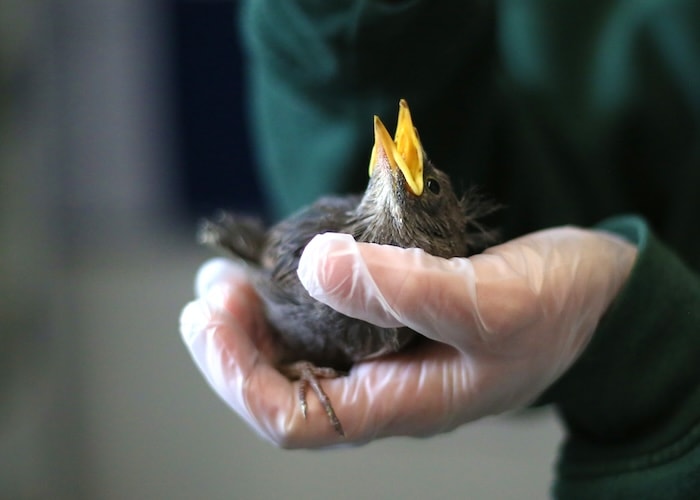
Image source: Brent Lodge Wildlife Hospital
It’s important to know what to do if you come across a wild bird (or mammal) in need. Here are some important tips to give your injured friend the best chance of survival.
-
-
- Always call a local wildlife hospital (such as Brent Lodge) or your local vet for advice before taking any action. Go to Help Wildlife’s Directory to find your nearest wildlife rehabilitation centre.
- Never try to rehabilitate the animal yourself at home, as it’s much more likely to die this way. Wild animals often mask pain and may be silently suffering or developing infections so they must receive professional care.
- Wear gloves when handling any wild animal, as they will be afraid and may bite/scratch/peck, as well as potentially transmitting any nasty germs to you. And in the wake of the current bird flu epidemic, it’s even more important to prevent the spread of disease.
-
More about Brent Lodge Wildlife Hospital’s 50 years of wildlife casualty care
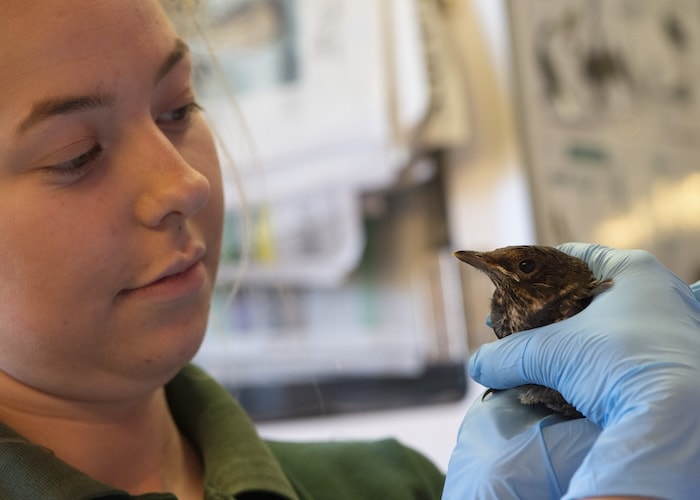
Image source: Brent Lodge Wildlife Hospital
An organisation familiar with pet-related casualties to birds, Brent Lodge Wildlife Hospital treat over 3,000 sick, injured or orphaned wildlife casualties each year. Based in Sidlesham, near Chichester, the wildlife hospital covers West Sussex, Hampshire and Surrey.
Treating anything from a wren to a peregrine falcon, or from a hedgehog to a fallow deer, their ultimate goal is to release the animal back into the wild once recovered. In addition to this, they also focus on outreach and spreading the word to members of the public, local schools and communities about how to respect and protect our local wildlife.
By working together, we can make our gardens and outside spaces safe havens for both our pets and local wildlife. However, should you find a wild bird or mammal in need, it’s reassuring to know that there are compassionate organisations to help. If you would like to learn more about their incredible work, please meet the Brent Lodge Wildlife Hospital team over at their website.

